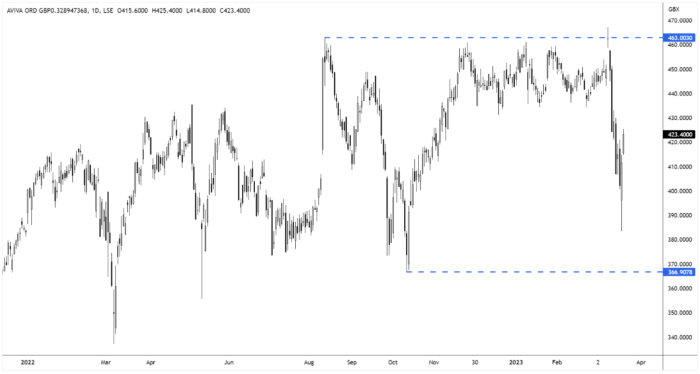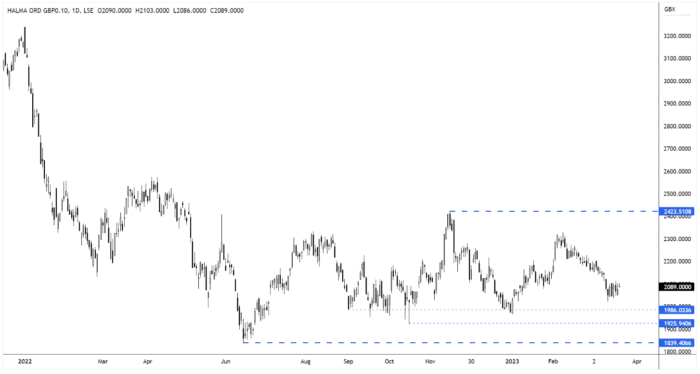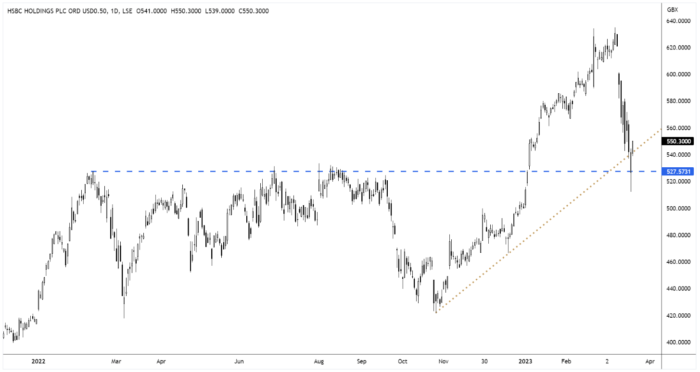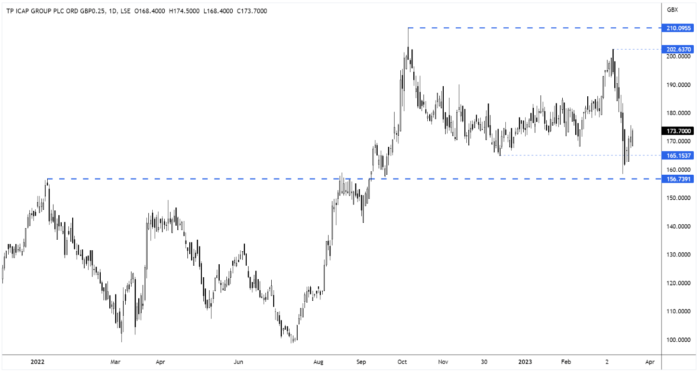
Regency View:
Update
Aviva unveils £300m buyback after operating profit rise
Aviva (AV.) released an impressive set of full year numbers earlier this month.
The insurance giant comfortably beat profit forecasts and pledged to pay a £300m buyback to investors – responding to pressure from activist investor Cevian Capital.
Aviva reported operating profit of £2.2bn for the year, up from £1.6bn the previous year and above average analyst forecasts of £1.75bn.
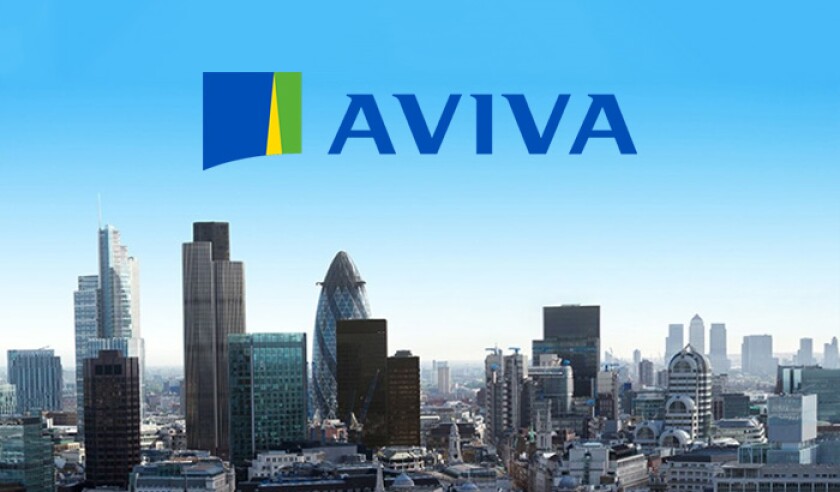
However, it made an accounting loss of £1.1bn, compared to a £2bn profit the previous year, which it blamed on adverse market movements in 2022.
Aviva’s general insurance gross written premiums increased 8% to £9.7bn, while its fund arm Aviva Investors reported external net flows of £1.3bn, down from £3.3bn the prior year.
A final dividend of 20.7 pence per share was also announced and this, combined with the buyback, firmly establishes Aviva as one the best income stocks in the FTSE.
And whilst the SVB banking crisis has caused the shares to fall in sympathy with the wider market, we’re more than happy to continue to hold Aviva long-term.
Halma trading in line with market expectations
Halma (HLMA) said it has made “good progress in the financial year to date” and expects adjusted profit before tax for the year ending 31 March 2023 to be “in line with consensus market expectations” of circa £360m.
The life-saving tech company said revenue growth in the year to date has been strong and includes good momentum on an organic basis, as well as benefiting from recent acquisitions.
“Our order book remains strong and our order intake is broadly in line with revenue and ahead of the same period last year,” read the upbeat trading statement.

Halma expects all sectors to deliver strong revenue growth on a reported basis for the full year.
Of the major regions, the US and mainland Europe have seen strong organic constant currency revenue growth in the year to date; “their reported results will also benefit from recent acquisitions and currency translation effects”, Halma noted.
The UK saw good growth, although its reported results will reflect the disposal of a safety sector business in the prior period. Asia Pacific’s organic constant currency revenue growth was modest, reflecting a decline in China.
Halma also signalled further M&A activity, stating “our acquisition pipeline remains promising in all three sectors.”
HSBC rescues UK arm of Silicon Valley Bank
It’s been a torrid month for banks and HSBC (HSBA) has been no exception…
Silicon Valley Bank (SVB), a small US lender gave a sobering reminder to investors that many institutions are sitting on large unrealised losses on their fixed-income holdings.
Rising interest rates have made bond portfolios less valuable, putting strain on certain areas of the banking sector.

The ‘earthquake’ in Silicon Valley led to aftershocks around the world, most notably with Credit Suisse needing $54bn worth of assistance from the Swiss National Bank.
HSBC has swooped in to buy the UK arm of SVB, bringing relief to UK tech firms who warned they could go bust without help.
HSBC said it paid £1 for the deal with CEO, Noel Quinn saying it had been “too good an opportunity to miss” and that the bank had ensured “a crisis in one institution did not become a systemic crisis”.
This did not stop HSBC’s share price from falling sharply with the rest of the banking sector. However, the shares are starting to bounce back from an interesting technical level and should the dust settle we would expect HSBC to resume its strong start to the year.
TP ICAP annual profit surges on higher market volatility
TP ICAP (TCAP) reported a near five-fold surge in its annual profit last week, underpinned by volatile trading in stocks and foreign exchange, along with improving investor confidence.
The world’s largest interdealer broker, which brings together buyers and sellers in the financial, energy and commodity markets, reported full-year pre-tax profit of £113m for the year ended 31st December, compared with a profit of £24m last year.
However, much of this spike in profitability was priced in and the market chose to focus on TCAP’s reduced margin outlook and headwinds facing its Liquidnet subsidiary – causing the shares to fall on the day of the earnings release.
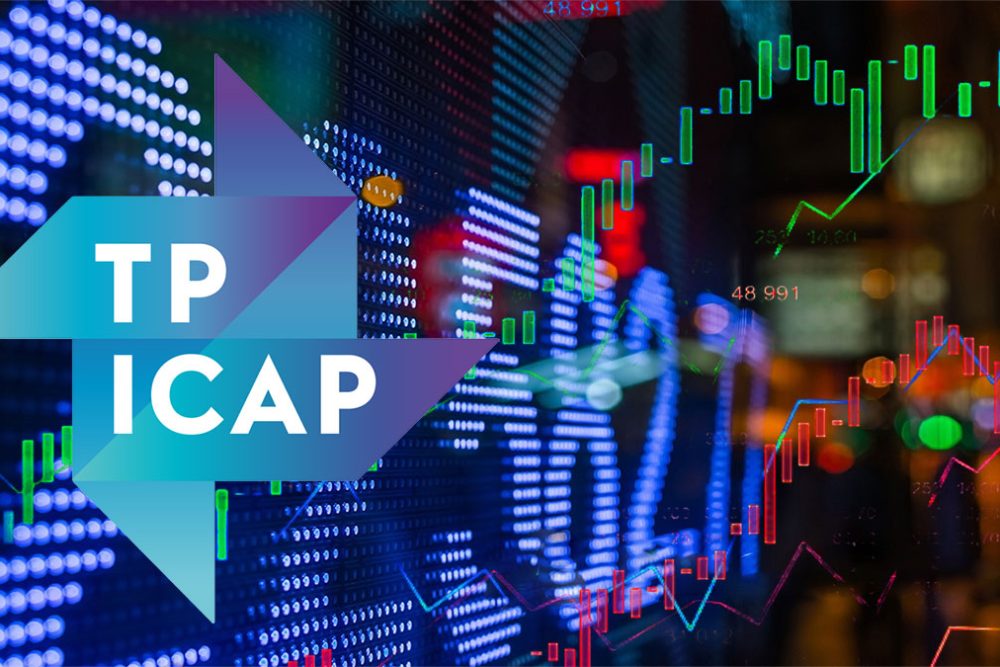
TCAP CEO, Nicolas Breteau said:
“We delivered a strong performance: high single-digit revenue growth and an increase in profitability. Significant monetary tightening in many economies benefited Rates, our largest business”.
“We have a clear strategic roadmap and a strong franchise. Our market-leading positions in broking, and our deep liquidity pools, mean we are well positioned as central banks continue to withdraw liquidity and interest rates remain elevated” he added.
TCAP announced a total dividend of 12.4 pence per share, up from 9.5 pence last year, putting the stock on a forward dividend yield of 7.61%.
Disclaimer:
All content is provided for general information only and should not be construed as any form of advice or personal recommendation. The provision of this content is not regulated by the Financial Conduct Authority.

